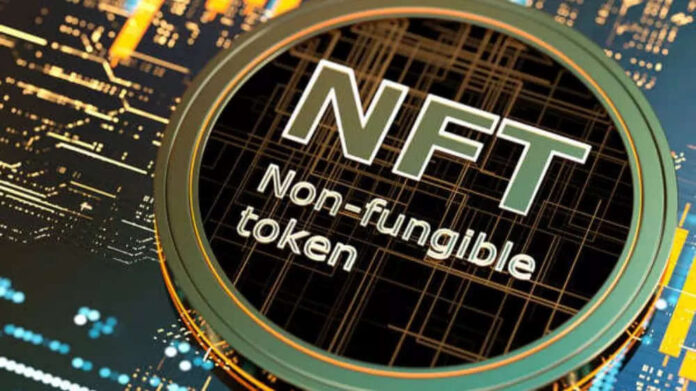Any seasoned investor understands that evaluating any investment opportunity is one of the greatest skills. That applies to NFT projects as well, and it’s vital to do so in this relatively new universe characterized by high volatility.
According to Forbes, currently, there are hundreds if not thousands of NFT projects on the market, and new ones keep emerging daily. At this rate, even the most experienced investors can be confused about what projects are fit to invest their cash in.
Here are key indicators to help you in evaluating NFT projects.
Table of Contents
1. The Estimated Market Cap
An NFT project’s estimated market capitalization is one of the most fundamental metrics for evaluating the project’s feasibility. You can determine this metric by multiplying the NFT project’s total supply by the average market price.
Ordinarily, NFT projects with a higher market cap stand a better chance of growing and are less risky. Nevertheless, financial geniuses highly suggest using different tools and sources to evaluate the liquidity and pricing of a project, especially in the crypto industry.
2. Rarity Rating
The rarity score is perhaps one of the most useful key indicators to assist you in evaluating an NFT project. It helps measure how valuable certain NFT collections are and their long-term market performance.
NFT projects with greater rarity ratings are often deemed more valuable than those with lower rarity ratings. You can leverage Rarity.com, a platform dedicated to rating art and collectible NFTs using their rarity.
With such details, you can easily estimate the value and compare the relative value of each NFT project against one another before making an investment decision. Also, if you’re an NFT creator, this information can help you learn how to make an NFT and sell it.
3. Community and Unique Holders
The other crucial metric for evaluating NFT projects is the community and unique holders associated with the individual project. The number of unique holders of a specific NFT can inform you regarding its perceived value, acceptance, and attractiveness. Often, holders and supporters of NFT projects connect through platforms, including Discord, Telegram, and Twitter.
A bigger community will attract more attention and buzz, which can significantly impact the NFT’s value. In addition, finding a community you naturally fit in and identify with can be an enjoyable and rewarding way to invest in an NFT project.
4. NFT Project Creator’s Prominence
Similar to physical artwork, an NFT project creator’s popularity directly influences their work’s value. Developers who have previously sold NFTs for high values stand a better chance of repeating the same, particularly if they have built a devoted following.
Certainly, all NFT creators have to begin at a certain point. It’s undoubtedly probable that an unpopular creator’s work can catapult in value once they become more popular. You can evaluate if this is likely or not likely to happen by conducting thorough research into the creator’s background and their commitment to creating a valuable NFT project.
5. Traded Volumes
Trading volumes can also help you evaluate NFT projects to identify the best way to invest your money safely. Often, the trading volume of an NFT project indicates the amount of activity taking place in a project. It assists in assessing the frequency in which collectors buy and resell an NFT project. In addition, trading volumes can indicate the popularity levels of a particular NFT project.
You can take advantage of various platforms, including OpenSea, to evaluate the trading volumes of various NFT projects. Whereas trading volumes indicate what NFT projects are trending, you should understand that trading volumes can fall fast if the buzz surrounding a specific NFT dies off.
Concluding Remarks
There is no one-fits-all indicator that can help you evaluate the feasibility of a specific NFT project to help you make an investment decision. Rather, combining different key indicators would help to arrive at a more reliable evaluation conclusion. A few metrics you can use in evaluating NFT projects include the estimated market cap of the NFT project and its trading volumes.
You can also leverage the NFT project creator’s prominence, determine the rarity score of specific NFT projects, and check how big the NFT project’s community is and the number of unique holders of the NFT. Ultimately, finding the right NFT project to invest in can be a little easier using these key indicators.


Thank you for your sharing. I am worried that I lack creative ideas. It is your article that makes me full of hope. Thank you. But, I have a question, can you help me?